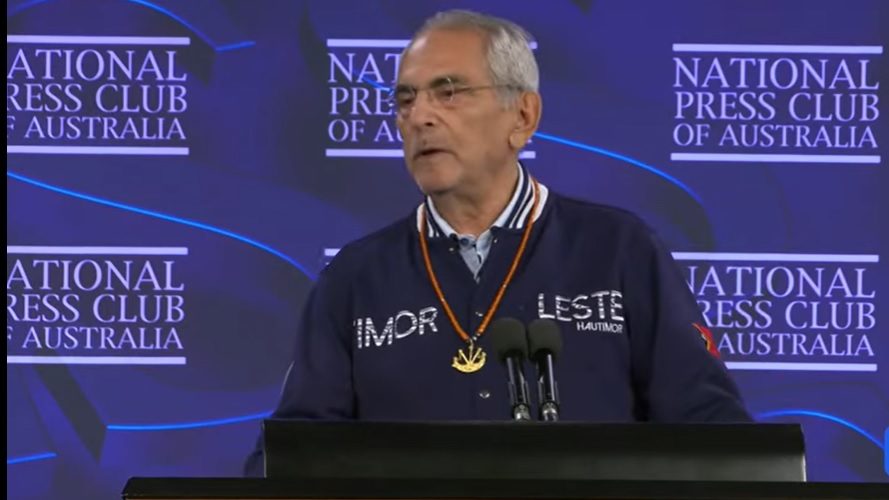ASIA PACIFIC: An exclusive story by Sudarshan Varadhan published by Reuters revealed that East Timor’s President Jose Ramos-Horta prefers his government to work with Australia and existing partners Woodside Energy and Osaka Gas rather than Chinese firms that have expressed interest in developing the stalled Greater Sunrise natural gas field.
This is the first time Ramos-Horta has publicly expressed a preference for Australian-led development, despite suggesting potential collaboration with new partners, including China and Kuwait, last year.
Concerns over Chinese influence in the Pacific
The Greater Sunrise field, which holds an estimated 5.1 trillion cubic feet of gas reserves, has been the subject of long-standing delays and disputes, particularly between East Timor and Australia. The prospect of allowing Chinese companies, such as Sinopec, to join the development raised alarms in Australia about Beijing’s increasing influence in the Pacific. Ramos-Horta has since confirmed that his government has been holding off on any approaches from Chinese companies, asserting East Timor’s commitment to its Australian partners.
Ramos-Horta added that while his government remains open to discussions with other investors, it is clear that Australia remains a priority. “If anything, it is our side that has been holding off,” he said, emphasizing that transparency with current joint venture partners is crucial.
A crucial decision for East Timor’s economic future
The development of Greater Sunrise is vital for the economic growth of Timor-Leste, Southeast Asia’s poorest nation, which gained independence from Indonesia in 2002. The multi-billion-dollar project, estimated to generate $65 billion in revenue in 2018, has stalled for decades due to disagreements between East Timor and Australia over the development terms.
Ramos-Horta also expressed concern that the project could face further delays if a final agreement is not reached soon. To avoid further setbacks, he urged signing the Greater Sunrise agreement before the Australian federal elections later this year. He noted that Woodside and Osaka Gas continue to push to pipe the gas to an existing LNG hub in Darwin, Australia. At the same time, East Timor has proposed building a liquefied natural gas plant in the country, which Ramos-Horta says is financially viable.
“We have no problems in financing an LNG plant in Timor-Leste ourselves. We have money,” he remarked, addressing concerns over the project’s financing.
The president remains optimistic about East Timor’s potential for growth. He expects the country to join the Association of Southeast Asian Nations (ASEAN) this year.

